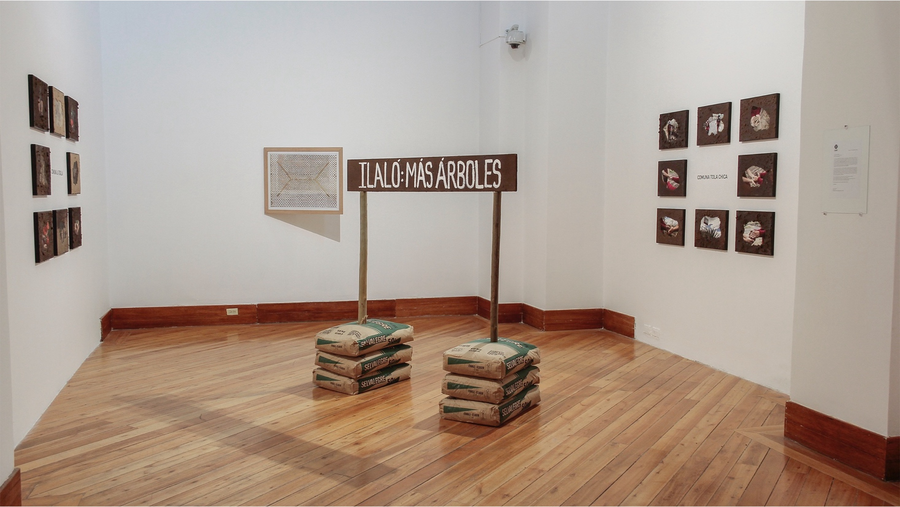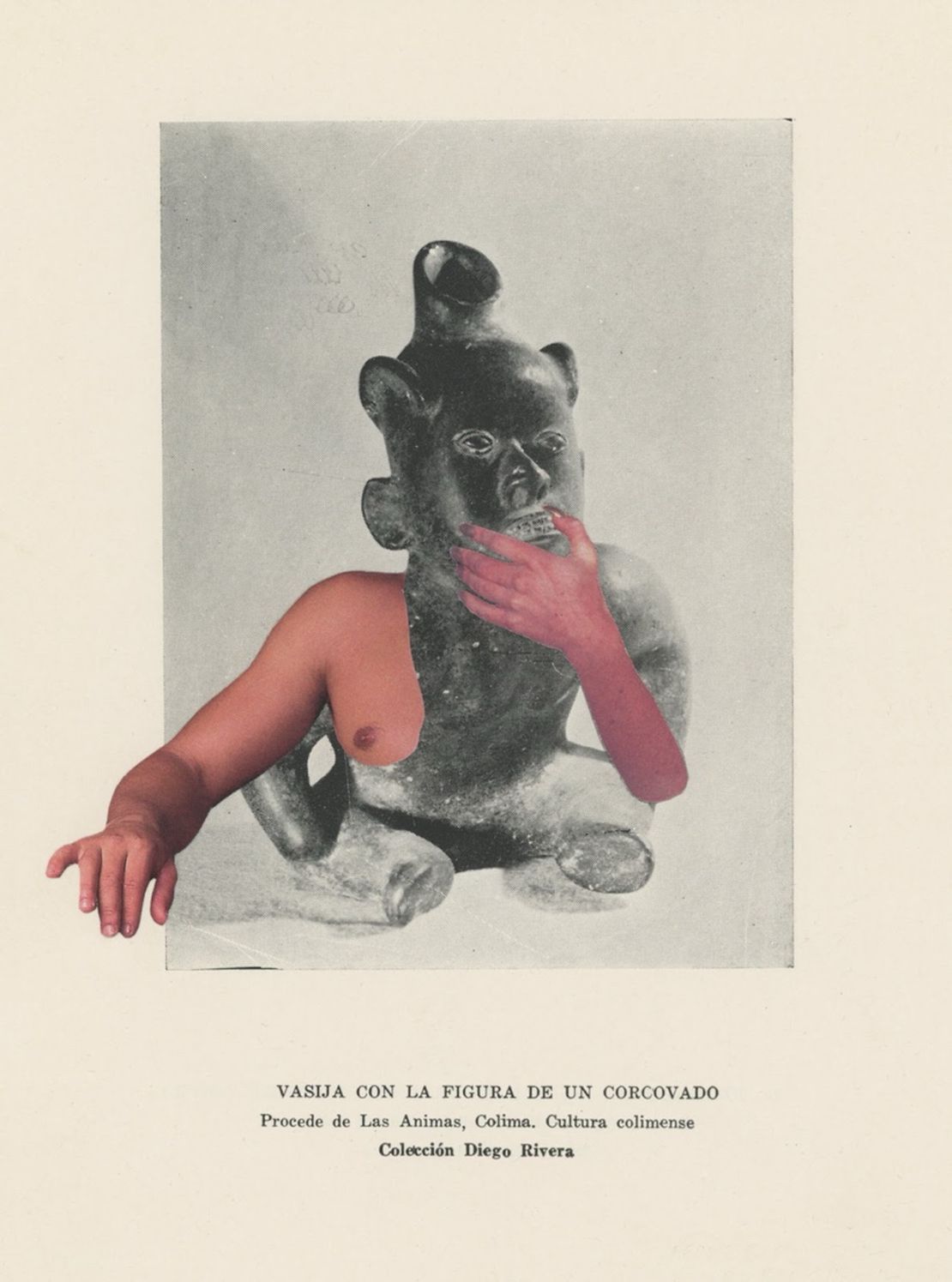Abstract
José Luis Macas’s work is closely related to the notion of territory, as it highlights the importance and value that Indigenous communities place on their natural environment. His artworks explore and celebrate the intimate and spiritual connection that exists between these communities and their ancestral lands, showcasing their profound knowledge and respect for the territory they inhabit. Additionally, his work serves a documentary function by recording the struggles and resistances of these communities to protect their ancestral territories from occupation by real estate projects and other threats.
The Ranti Ranti/Trans-action - Barter Agreement proposal aims to challenge the dominant modes of representing the landscape-territory by embracing an Andean worldview. It prompts us to transcend the confines of the nation-state and the hegemony of planimetric maps, which have historically been used as tools of control and exploitation. Instead, it encourages the creation of alternative representations and assemblages by activating the Andean ethical principle of reciprocity, known as Ranti Ranti. This artwork delves into the dynamics of material exchanges, bartering, and celebrations within two Indigenous communities residing on the slopes of the Ilalo volcano—the Tola Chica and La Toglla communities. It acknowledges the impact of real estate speculation and urbanization processes on these spaces, which have adversely affected the socio-environmental and cultural fabric and violated the rights of nature. By highlighting the practices of reciprocity and bartering, Ranti Ranti/Trans-action - Barter Agreement fosters a profound reflection on alternative ways of relating to the land and each other. It invites us to reconsider the value systems embedded within dominant economic paradigms and explore the potential of more equitable and sustainable modes of exchange. This artistic endeavor brings the complex interplay between land, communities, and socio-political dynamics to the forefront, shedding light on the need for a more inclusive and respectful relationship with nature and Indigenous worldviews.
Citation
Macas, José Luis. 2021. 'Proyecto “Ranti-Ranti Acuerdo de Trueque” ["Ranti-Ranti Barter Agreement" Project]'. Dispossessions in the Americas. https://staging.dia.upenn.edu/en/art/AECU014/

